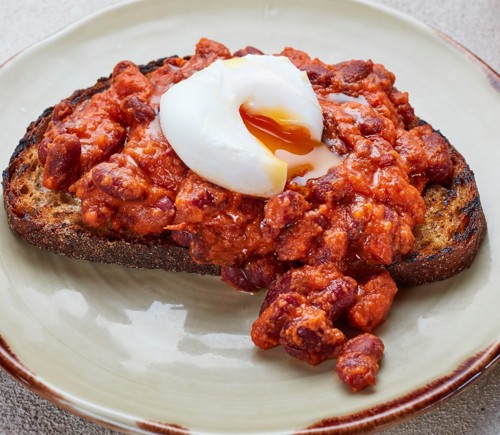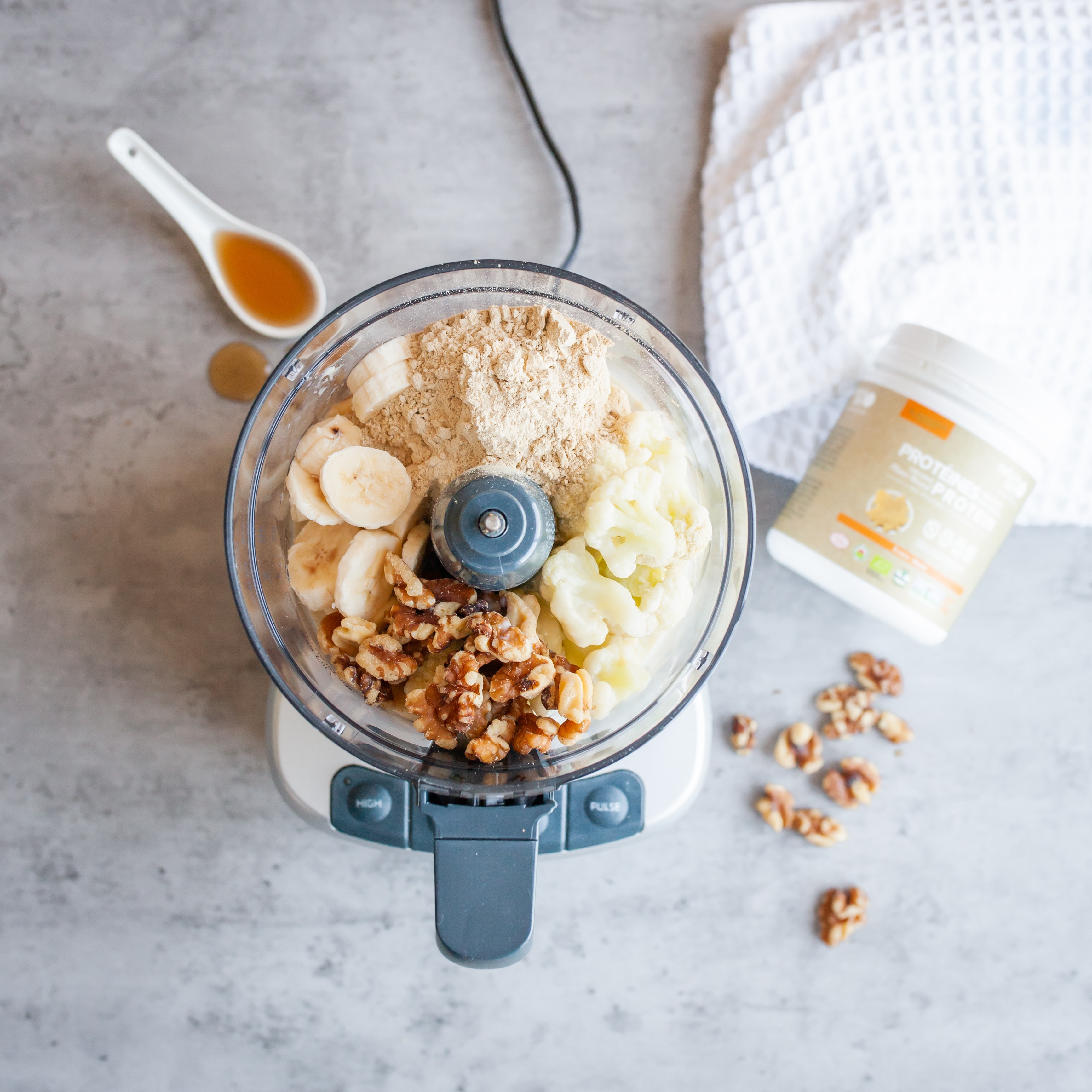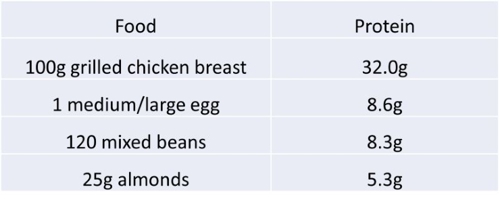Our hair, skin and nails are continuously growing and replenishing themselves. Our internal organs are also continuously doing the same, hence why protein is required as part of a healthy balanced diet.
Amino acids
Proteins are made up of amino acids; these are what differentiate proteins from one another. Some of these amino acids can be made by the body and are also found in food, whilst others are not made by the body therefore it is essential that they come from food, hence them being referred to as ‘essential amino acids’. Protein from animal sources provides the full range of essential amino acids, however vegetarians and vegans
can obtain sufficient amino acids by consuming a variety of plant based protein sources.
How much do you need a day and which foods are protein packed?
Protein requirements depend on your age, gender and life stage. It’s recommended that healthy adult women need 45g a day and men 56g a day (based on the Reference Nutrient Intake (RNI) of 0.75g of protein per kilogram of bodyweight) however we know that on average both males and females consume more than this.
Protein is found in an array of foods so needs can be met by eating a balanced diet. Plant-based foods are also a great source of protein, and come with other nutritional benefits such as being high in fibre and are a more sustainable choice so aim to include more in your diet.

Protein sports supplements
When exercising, your body needs more protein but there’s no scientific evidence that excessive supplement intake helps. Protein isn’t stored by the body, so any excess is excreted in urine, used for energy or converted to fat. However, eating foods or drinks that provide 15-25g protein within 20 minutes after training lasting over 60 minutes, helps facilitate carbohydrate break down into glycogen enabling it to be stored in the muscles. It also helps repair torn muscle fibres.

Protein & weight management
Some studies show protein rich foods can make people feel fuller than foods high in fat or carbohydrate. Therefore, a balanced meal including lean protein may help you feel less hungry, and reducing snacking or portion size at your next meal will help cut your overall calorie intake.
Vegetarian sources of protein include; beans, lentils, nuts, seeds and meat alternatives such as Quorn, tofu and soya. Animal sources of protein include; meat, poultry, fish, eggs, milk, cheese and yoghurt. 
Source McCance & Widdowson's The Composition of Foods Seventh Summary Edition


